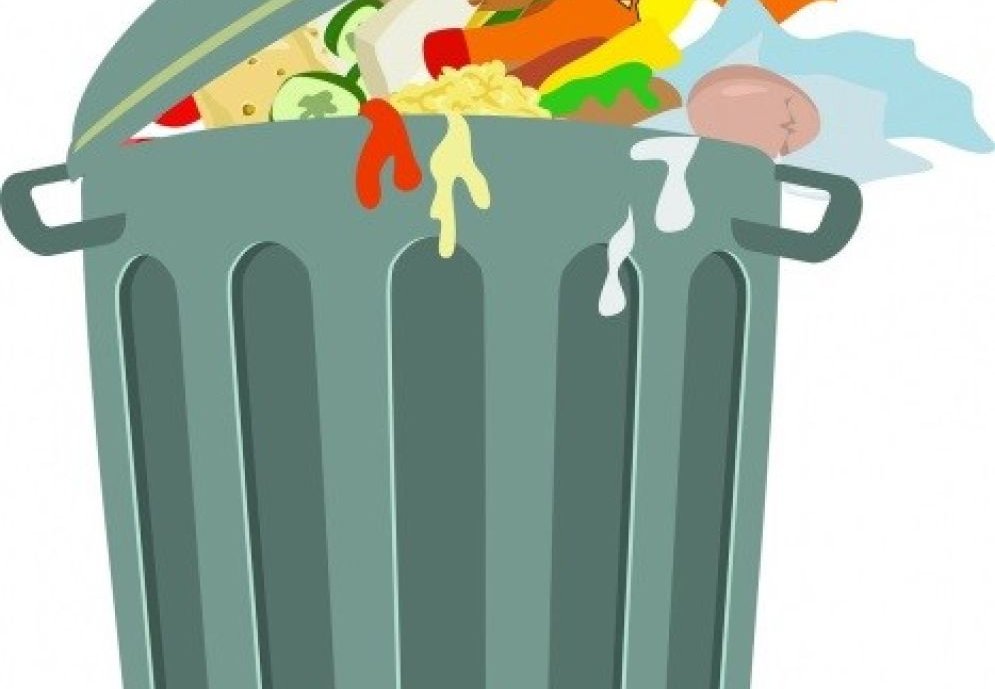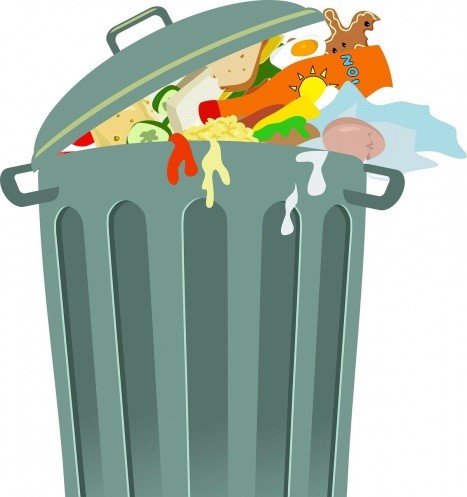

Educating youth about food waste
Links to web resources that illustrate the issues with food waste for secondary aged children.
Резултати от обучението
Food waste is an important issue for global policy, and in particular for the European Union, insofar as it relates to food security, the circular economy and good environmental practices. Various studies show that between 1/3 and 1/2 of the world's food waste is not recovered, leading to negative impacts throughout the food production, processing and supply chain, including on households. There is an urgent need to prevent and reduce food waste in order to make the transition to a resource efficient Europe.

Age group:
- 14-19 years old (secondary school)
Learning outcome:
- be aware of the problem of food waste;
- learn about the impact of food waste on economy, environment and social responsibility;
- recognise ways to reduce the food waste
Необходимо време
- An introductory lesson;
- Supporting activities throughout the school year;
Инструменти или оборудване
Presentation; video materials; tools and equipment according to the outdoor activity.
Описание на дейностите
1. Classroom activities
The teacher introduces students to the topic of food waste. Together, discuss the food waste problem via problem and solution trees. Paper or interactive trees can be presented to the school community (resources attached below).
Food waste audit in the school restaurant can support the activity.
Teacher’s resources:
- Book about food waste and how to avoid it (eng)
- Educational videos (eng)
- Animation (eng)
- Resources, created by the teacher:
2. Practical activities:
- Debates
National and EU debates for youth leaders “Should we be punished for wasting food?” – a controversial framing like this may attract a wider public’s curiosity, providing socially engaged youth with an opportunity to raise their community’s awareness of the issue and to debate possible solutions.
- Quizzes:
- Global quiz “The hidden side of food”
- Interactive quiz “Banana journey”
- Food habits quiz “Changing climate in your kitchen”
- Individual assignment: A mindful foodie's notebook
The notebook shares useful tips on how to reduce the amount of food that goes uneaten, along with some facts showing why food waste is a serious issue.
Students write their notes about the amount of food waste at their homes on daily basis. After a week/ month they present the results and calculate how much food waste the whole class generates.
- Cooking classes
- Students demonstrate how to store fresh herbs to maximize shelf life by drying, freezing and variety of pesto.
- Recipes, cooked by the students and their mentors etc.
- School composting
- Herbal garden in school
- Growing spices and herbs in pots
- Regrowing vegetables from kitchen scraps etc.
- Extracurricular activities
- Game: Everyday Hero
- Cooking with parents
- Menu planning and smart shopping
Съвети как да приложите темата в училищната програма
- Nature sciences: gardening; environmental protection and sustainability
- Еnvironmental education
- Technologies and rntrepreneurship
Useful links:
The activity is based on resources and good practice presented by Sincerely, Food project. It aims at changing household consumption patterns to reduce the environmental and social impact on society.
